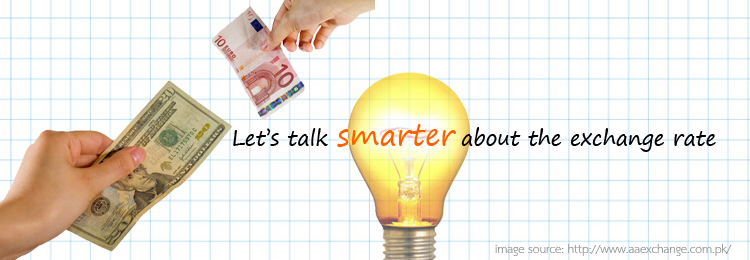As far as the debate about the exchange rate goes, it seems to only stop here: it appreciates again and thus hurts exporters. What should we do about it? Should we lower the policy interest rate to help lower the baht?
Such a debate is narrow and short-sighted, and there should be a more meaningful and fundamental change in the way we think about this issue.
For this reason, the TDRI rallied economists from many sectors to reshape how we should think and talk about exchange rate and how this should be used to plan for Thailand’s development goals in the long run.
So the important question to ask is: How can we seize the moment, and use the current strong baht to our developmental advantage?
Dr Chalongpob Sussangkarn, a TDRI Distinguished Fellow, argues that Thailand has historically been dependent on its export markets. A weak exchange rate, which is kinder on exports, has been given high priority in the past and is still given that priority now. The dependence on exports was, Dr Chalongpob adds, heightened following the aftermath of the Asian financial crisis in 1997. According to 2011 figures, Thailand’s exports constitute over 75% of the country’s GDP, compared to only 45% prior to the 1997 crisis.
This, coupled with short-term capital inflows in emerging markets, means that volatility in the exchange rate markets has been high.
Short-term capital continues to flow in from developed markets, but at the same time, this money can leave Thailand’s shores just as fast.
What is to be done, you may ask.
Just as one should not use one tool to fix many diverse and difficult problems, we should also not concentrate on using interest rates to drive our monetary policies.
Dr Chalongpob suggests: “We shouldn’t be using only interest rate policy as the rise and fall of interest rates would have multiple impacts. If we decrease rates, it would relax domestic spending, but if we do not decrease rates, then it would attract capital flowing in.”
Other monetary tools which can also be used include exchange rate management where the central bank buys and sells the baht to properly manage it. China and Japan have done this to varying degrees, with different results. Additionally, Thailand can also use the reserve requirement to keep commercial banks from lending extravagantly to the public.
Last but not least, capital control measures can be implemented as we have seen in the case of Hong Kong and Singapore’s property markets. This means collecting higher taxes and transaction fees from overseas investors to cool down the searing rate of investment.
The conclusion is, we should prescribe the medicine to suit the patient and the syndrome.
So that’s the thinking about the short-term debate, but how can we use this strategy to achieve our long-term objectives?
Dr Somchai Jitsuchon, TDRI’s research director, sees the strong baht as a great opportunity to import new and much needed technologies.
Thailand, as we mentioned before, relies heavily on cheap export goods. It worked for the past several decades, but this could also leave us stuck in the middle-income trap (MIT).
Thailand would like to be a so-called “rich” economy, but our productivity remains low. To address this issue, we will need more advanced technologies and better training for our labour force. When we put on such long-term glasses, the strong Thai baht is not really a crisis. In fact, it offers an opportunity for Thailand to import the essential innovation that will boost the country’s long-term competitiveness.
There is no better time to do it while we can pay for it more cheaply. It is surprising the government fails to see this opportunity and continues to pressure the Bank of Thailand to lower the policy interest rate. The real irony is that the government also plans to invest enormous amounts of money on infrastructure construction, which would benefit from a stronger baht.
Dr Ammar Siamwalla, a TDRI Distinguished Fellow, says we could use another tool, which is also in line with the government’s policy, of increasing our nominal wages. Rising wages would force businesses to look for other options, and of course, they would want to improve their technologies.
There is certainly a need for a renewed debate on the subject of the exchange rate. We do not discount the value of the current debate as such, but perhaps the debate should take us further to what really matters in the long run.
In the end, we should really think about the direction of Thailand’s development. Whether we will continue to plan for a economy dependent on cheap exports and cheap labour, or whether we should aim for one which competes in terms of quality, productivity and innovation.
Werapong Prapha is a researcher and manager of the public communications team at the Thailand Development Research Institute.
First published in the Bangkok Post, 13 March 2013

